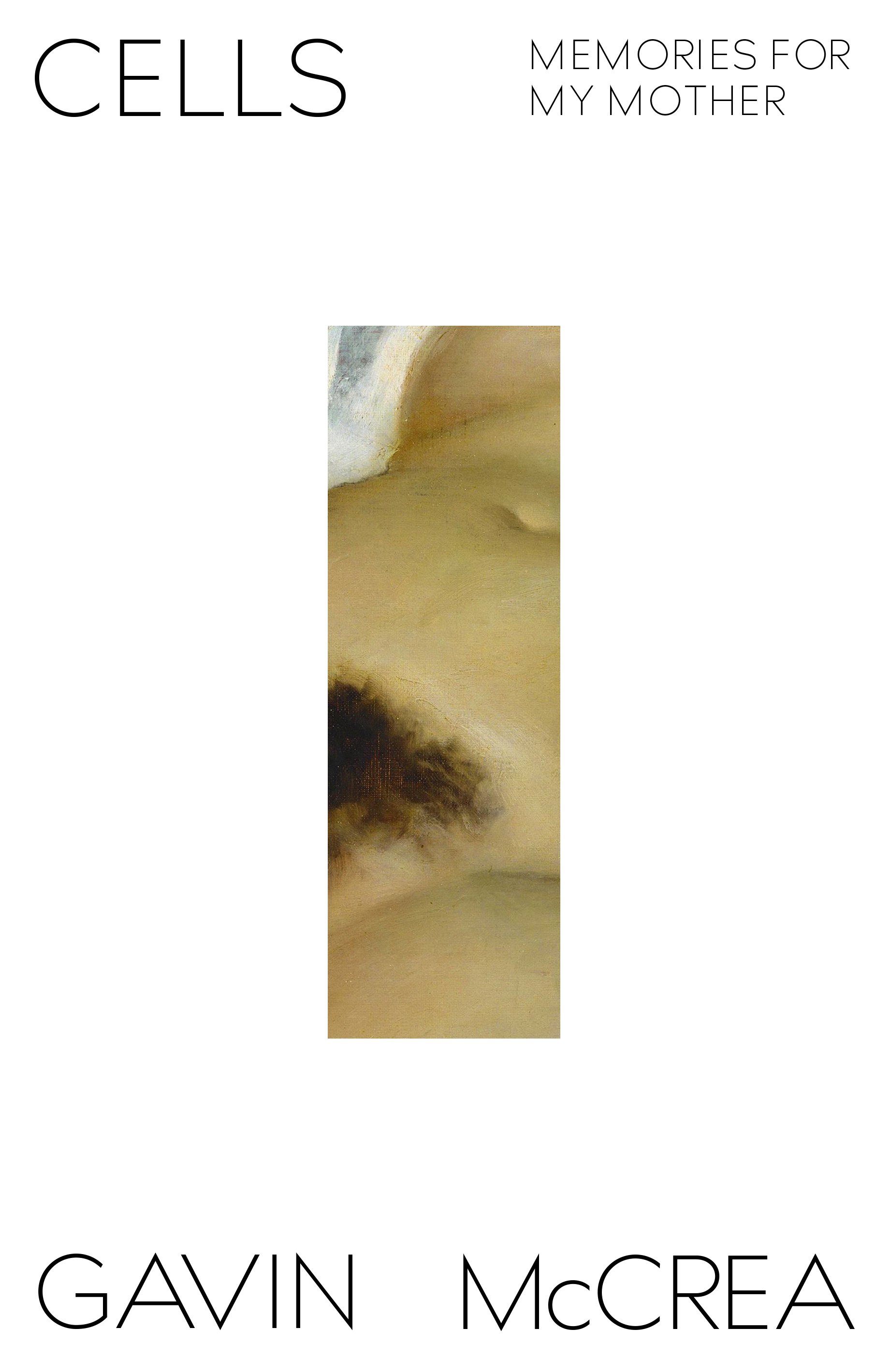Amidst the anxiety and tumult of the recent lockdown, being restricted indoors for long periods of time inspired many people to seriously reflect about both the past and future. Slightly before the pandemic, novelist Gavin McCrea (author of the excellent “Mrs Engels” and “The Sisters Mao”) had moved back in with his mother in Dublin during a writing residency. While there he worked to complete his second novel and care for his mother who showed signs of early dementia. As the country locked down, he found himself confined in the home and country which he'd previously vowed never to return to. Amidst the relatively peaceful daily routines in the rooms/cells of this small apartment, a tension mounted regarding unresolved issues to do with McCrea's uniquely challenging upbringing and school life where he experienced years of daily homophobic abuse. He deeply felt that “The problem was that I did not feel at home in my own home.” This account is his personal reckoning with that history, a confrontation with the woman who gave birth to him and an account of the formation of his distinct artistic sensibility.
It's a heartrending experience reading about McCrea's strife in his family and community which naturally leads to intense feelings of pain, suffering, anger, frustration and isolation. However, he is not self-pitying. Instead he seeks to articulate and understand his position and the factors which lead to this situation. There's a rare honesty in how he interrogates the past and the human body itself. He examines the light/dark in himself and those around him including his reserved father who committed suicide and the untrustworthy boyfriend who infected him with HIV. Rather than allowing these tragedies to overwhelm him, they add to his fuel for artistic literary expression. The blunt fact of his survival through these tribulations heighten the moments of rare joy in this memoir such as quietly watching his mother enjoy a book or taking tearful pride in seeing a stack of his novels on sale in a bookshop.
While it's admirable that he extends empathy and patient understanding to people who have wounded him (including a gang of homophobic Irish adolescent boys who violently beat him a few months prior to lockdown), I wish McCrea had spent more time recounting the ways in which certain people have enhanced his life. Figures such as a steadfast childhood friend and his supportive literary agent only get brief mentions. If equal weight had been attributed to them in this dissection of his life it may have given more lightness and balance to this largely elucidating account of trauma. Nevertheless, it's an extremely edifying experience reading this inspiring story. By making his life the subject, McCrea shows how the individual spirit is both beautifully fragile and frightfully robust. Not only does the title refer to our biological makeup, but also the emotional/physical state of being a prisoner in one's own home, country and society. McCrea describes the challenges and (sometimes) impossibility of escaping from these circumscribed aspects of being in a deeply relatable and intelligent way.








